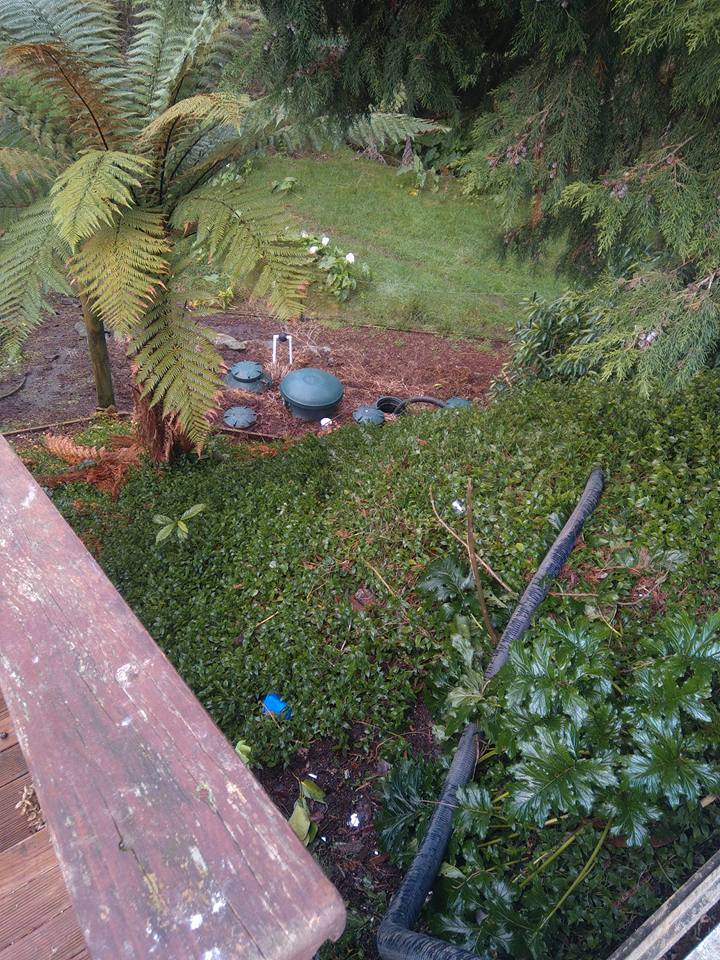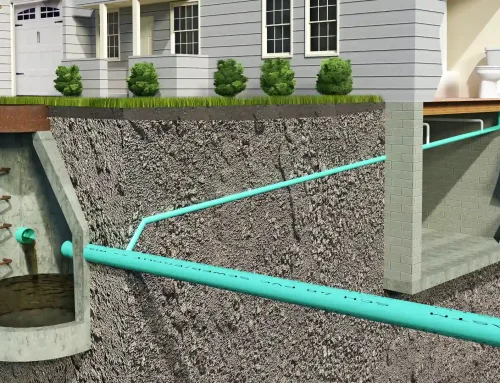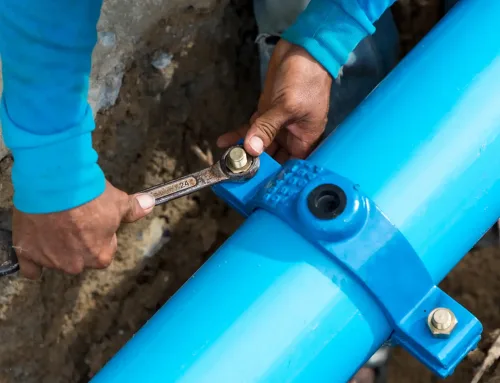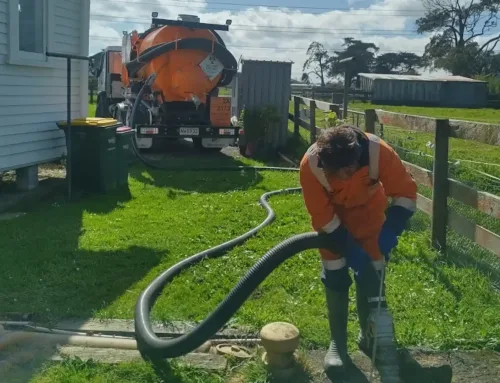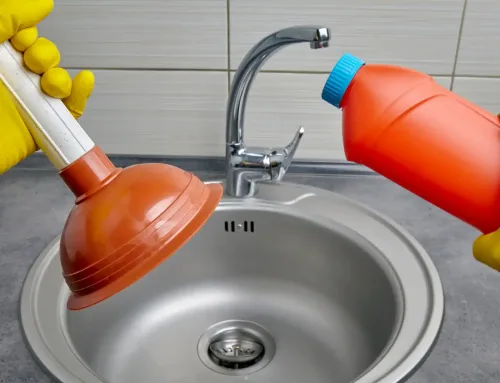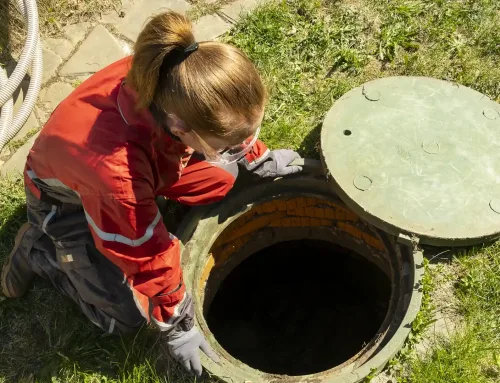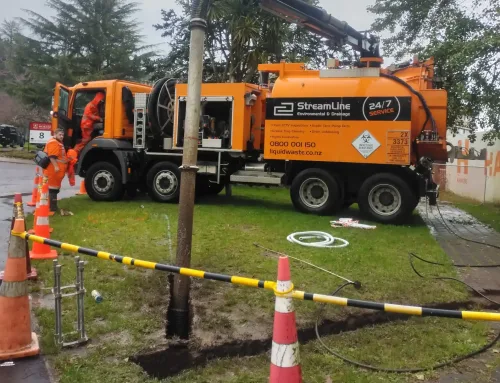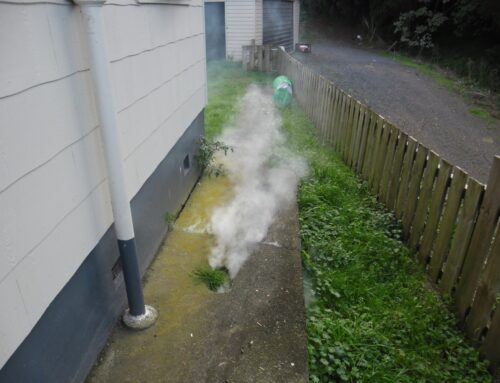How Will Your Septic Tank Benefit Your Soil?
Did you know that waste from your septic tank can actually benefit your property’s soil? The solids settle to the bottom and the lighter materials, such fats, oils, and grease, float to the top. The liquid or the partially treated waste then travels from the tank to an absorption field within your property’s soil, where it is further broken down by natural processes.
In simpler terms, your septic tanks are living ecosystems where bacteria do the work of digesting and treating waste. But how exactly does it benefit your property’s soil? Read on to find out.
Septic Tanks Aid in the Cultivation of Healthy Soil
Soil-based septic systems are dependent on the natural physical and biogeochemical processes that occur in the soil. Without soil, the septic tank system will fail. Soil is a great absorber and filter of pollutants that are harmful to the environment and to one’s health. The relatively simple use of properly constructed and maintained soils are highly effective in transforming organic matter and suppressing pathogenic bacteria. What does this mean for our property’s soil? It reduces environmental and safety hazards and it cultivates the soil’s own health – allowing it to do what it’s naturally intended to do.
Septic Tanks Contribute to the Soil’s Natural Work
Soils are made up of irregularly shaped particles where air and water occupy the space in between. Plant roots and other living organisms such as worms, insects, and microorganisms occupy these spaces. These micro-organisms help in cleaning wastewater through:
• Breaking down organic molecules
• Converting ammonia to nitrate
• Converting nitrate to atmospheric nitrogen
• Assist predators to consume bad bacteria and other pathogens that cause human and animal diseases
After a few weeks’ worth of exposure to the soil, the wastewater becomes environmentally safe water, clean enough to percolate into groundwater or evaporate from the soil surface to the atmosphere. Soil-based septic tanks basically provide the water for your soil to break down, clean, and re-use!
Septic Tanks and Your Soil Work Hand in Hand
It’s a good time to thank both your septic tank’s and soil’s great work. Without them working together, we’re bound to become more susceptible to hazardous waste that may cause serious disease. In addition to cultivating healthy soil, growing your plants, and breaking down your waste, the use of a soil-based septic tank supports above-ground wildlife. It transforms organic materials into usable nutrients and energy humans and the overall environment benefit from.
Drain Your Septic Tanks for Maximum Efficiency
Since septic tanks deal with solids breaking down, septic tank cleaning and maintenance is a must. Substances which remain inside the tank eventually need to be removed. To ensure your tanks are operating properly, you need to have them cleaned periodically.
Here at Streamline Environmental & Drainage, we clean your tanks at cost effective prices. We make sure that you’re able to save money with our professional routine cleaning, and that you stay healthy and safe with our quality maintenance services. Contact us to get yours cleaned today!
